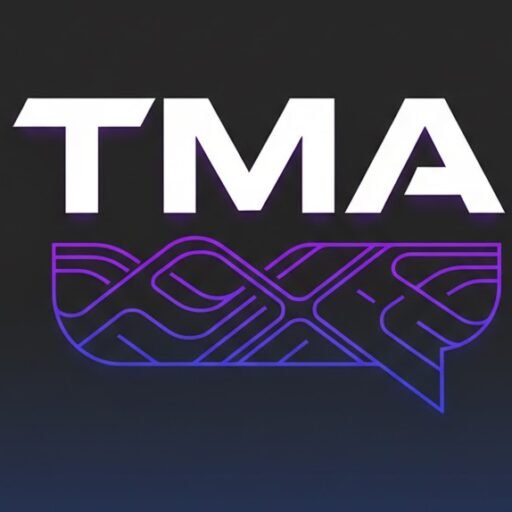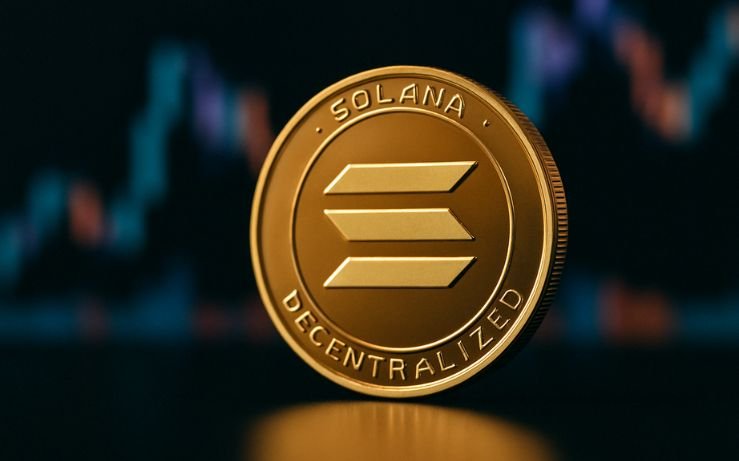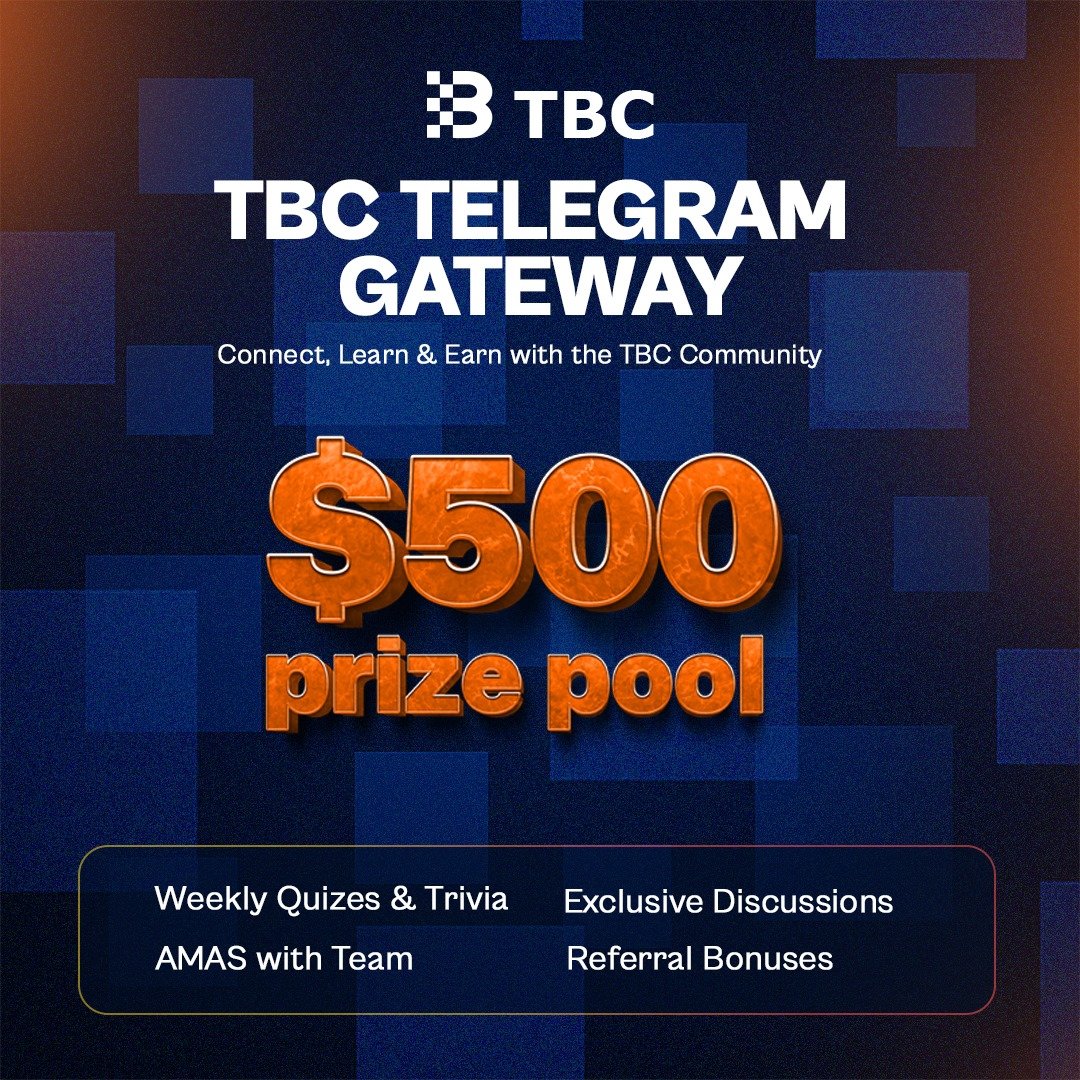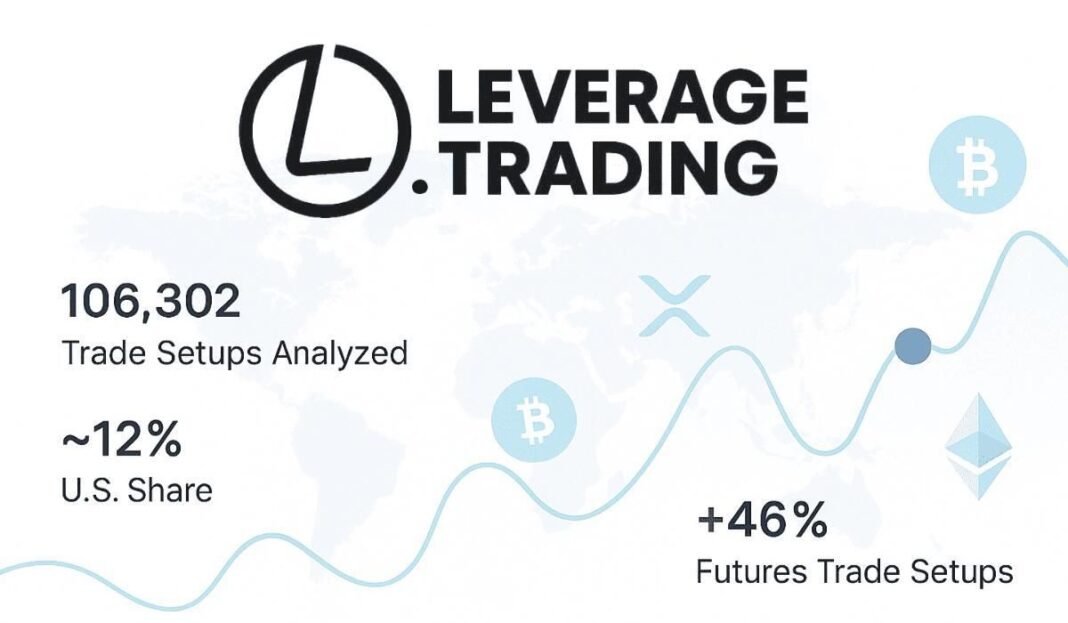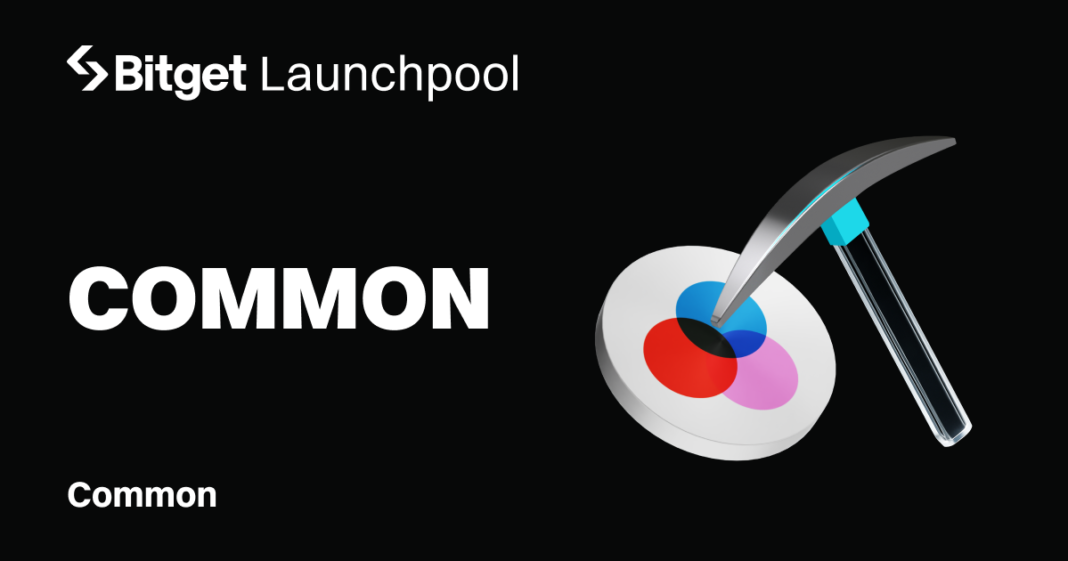Reliance Bets on Solana’s Scalability
Expanding Digital Asset Holdings
Reliance Global Group Inc. (NASDAQ: RELI) has strategically diversified its financial holdings by adding Solana (SOL) to its cryptocurrency portfolio. This move, announced on 27th October, 2025, confirms that Reliance now holds five of the top cryptocurrencies by market capitalization: Bitcoin, Ethereum, Cardano, XRP, and Solana. Reliance’s decision underscores a belief in the long-term potential of blockchain technology across both finance and enterprise innovation.
Strategic Diversification
Reliance’s decision to incorporate Solana represents a significant milestone in its broader digital asset diversification strategy, signifying a disciplined approach to building exposure across major blockchain ecosystems. This acquisition is not just a speculative venture but a calculated move to integrate blockchain-based assets into their corporate balance sheet.
Moshe Fishman, a member of the Reliance Global Group Crypto Advisory Board and Director of Insurtech at Reliance, stated, “By adding Solana alongside Bitcoin, Ethereum, Cardano, and XRP, we continue to execute our disciplined strategy of diversifying across leading blockchain ecosystems. Solana represents the next generation of blockchain performance – built for real-world adoption and institutional-scale applications.”
Read Also: Bitget Launchpool: Earn COMMON Tokens!
Solana’s Technological Edge
Solana, currently the sixth-largest cryptocurrency with a market capitalization exceeding $110 billion, has rapidly gained traction among corporate treasuries and institutional investors. Its appeal lies in its technological prowess. Featuring a hybrid Proof-of-Stake and Proof-of-History consensus mechanism, Solana boasts the capability to process over 65,000 transactions per second, with block confirmations occurring in approximately 400 milliseconds. This scalability and efficiency position Solana as a favoured platform for decentralized finance (DeFi), non-fungible tokens (NFTs), and Web3 applications.
Fishman emphasized that expanding into Solana aligns with Reliance’s commitment to innovation, while also maintaining a balanced approach to governance, security, and regulatory compliance.
The Institutional Solana Wave
Growing Interest
Solana’s inclusion in Reliance’s treasury comes amidst a surge of institutional and corporate interest. The blockchain’s expanding ecosystem, which includes DeFi protocols, tokenized real-world assets, and NFT platforms, is a strong driver of its adoption. The market is increasingly viewing Solana as a viable treasury asset, further buoyed by the expectation of regulatory approval for spot Solana exchange-traded funds (ETFs).
On the day of the announcement, Solana traded near $200, reflecting broader optimism surrounding its utility and scalability, which are critical factors for institutional adoption.
Reliance’s move echoes similar decisions by other public companies aiming to diversify away from traditional assets, hedging against inflation and tapping into the long-term value potential within digital markets.
Key Solana Treasury Players
Reliance Global Group’s addition of Solana is a strategic move that several other public companies have embraced across the market. These include:
- Forward Industries
- Solana Company
- Upexi
- DeFi Development Corp
- Sol Strategies
- Sharps Technology
According to data from CoinGecko, the top 10 public companies collectively hold over 15.7 million SOL, valued at over $3.18 billion. This demonstrates the growing confidence in Solana’s potential as a treasury asset.
The Path Ahead for Solana
Solana in 2025 and Beyond
Solana’s rise as a favoured institutional asset is no accident. Its technological capabilities, particularly its high transaction throughput and low latency, have made it a compelling choice for organisations looking to leverage blockchain for real-world applications. As more businesses integrate blockchain into their operations, Solana is well-positioned to become a key player in the digital asset landscape.
The potential approval of spot Solana ETFs will likely provide another catalyst for institutional investment. An ETF would allow a broader range of investors, including those who may be hesitant to directly hold cryptocurrency, to gain exposure to Solana. This influx of capital could further drive up Solana’s price and solidify its position as a top-tier digital asset.
Challenges and Considerations
While Solana offers numerous advantages, it is not without its challenges. The network has experienced occasional outages and congestion issues in the past, raising concerns about its reliability. Overcoming these technical hurdles will be crucial for maintaining institutional trust and ensuring the long-term viability of Solana as a treasury asset.
Furthermore, regulatory uncertainty remains a significant factor. Clear and consistent regulatory frameworks are needed to provide businesses with the confidence to allocate significant capital to Solana and other digital assets. The evolving regulatory landscape requires vigilance and adaptability from both Solana developers and institutional investors.
Conclusion
Reliance Global Group’s investment in Solana signals a growing trend of institutional adoption of digital assets. Solana’s technological advantages, combined with increasing regulatory clarity and the potential for spot ETFs, position it as a compelling choice for corporate treasuries seeking diversification and long-term growth. While challenges remain, Solana’s potential to revolutionize finance and enterprise innovation is undeniable, making it a digital asset to watch closely in the coming years.
